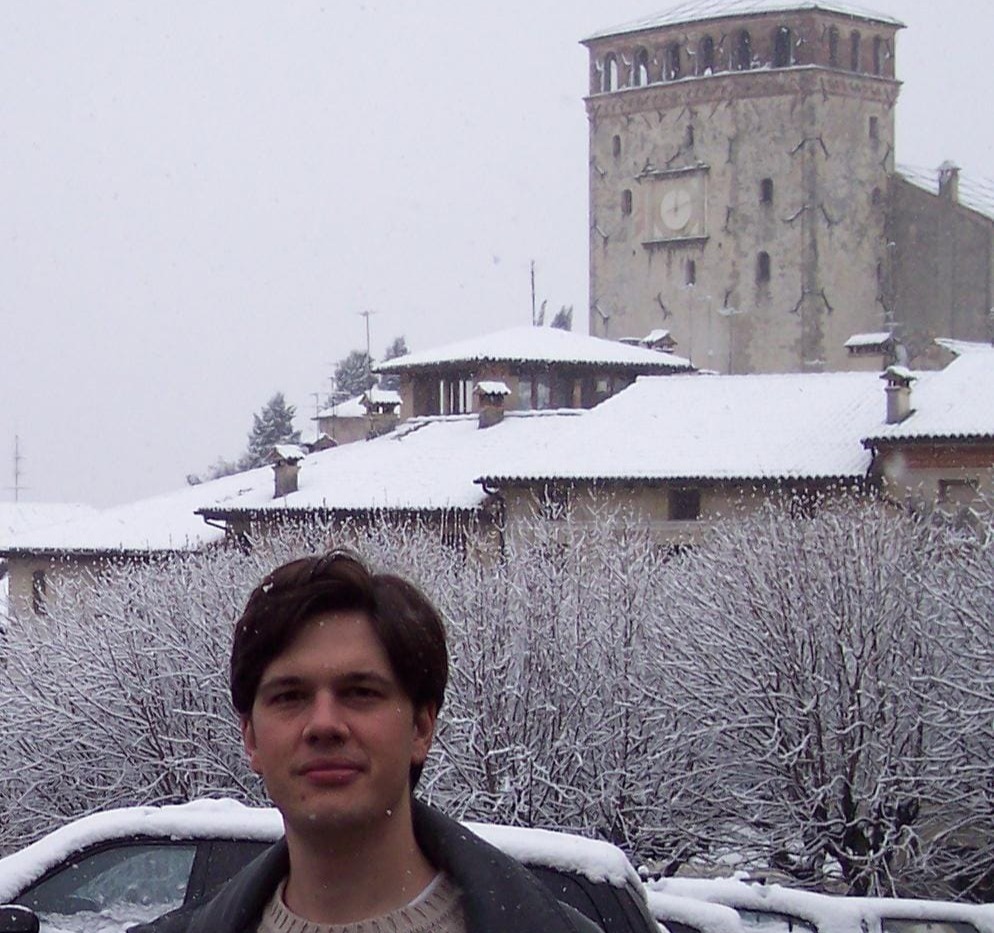Pablo Serafin Spotlight - November 2025

This year marks the 20th anniversary, so to speak, since your MBA graduation at the University of Kansas. What would you tell your younger self to help him navigate the challenges waiting in his future?
I remember from my time in CIMBA that China was still an emerging economy, although growing on an astonishing breakneck pace. Little did I know that not far from that moment I would find myself living there for almost 3 years and be able to experience a life within the “transforming giant” myself. And that reminds me how fast the world has been and it’s still changing – it’s impossible to get a real grasp of what the future holds, even if we aim to anticipate just a few years ahead. So what I would tell my younger self is not to worry about change. We can’t hold back time, what we need is to focus on recognizing our essential values, setting a mindset of what we want to achieve (not the path to get there), and then develop the skills to help us understand the context we are in and adjust as we go.
Your experience in leading Commercial teams and Business Development spans worldwide. What are the skills you value the most to successfully navigate different cultures and markets?
Taking leading roles in commercial areas across countries is a true exercise of empathy. In such environments, one is not supposed to look at relations, either with customers or within one’s own team, from a self-centered perspective. Cultural barriers are too relevant to be ignored, and they are likely to be the central issue separating failure from success. Therefore, whenever exposed to situations where players come from multicultural backgrounds, mind the communication gap dearly. And bear in mind empathy is not putting yourself in someone else’s shoes, but instead it’s doing your best to be that someone else you are engaging with and see the situation from that other standpoint. And believe me when I say it’s not an easy task.
What does leadership mean to you? Has it always been like that?
Different from my initial beliefs, I came to understand leadership is not defined as a position we have in an organizational chart. No matter the title, it’s an attitude one stands to inspire others. It’s an example we set to be followed. Leadership is a vision of the future we are picturing as well as the values we need to share on the journey to get there.
How has your life changed after your international experience at CIMBA?
My time in CIMBA has been undoubtfully a high mark in my career. It left so many memories and marks that it’s even hard today looking in hindsight to understand how my life path would look like without it. Because of my MBA at CIMBA many doors were opened to me, and it also enabled me to cross those doors with courage and tools to navigate a changing world. Coming from a fairly isolated country such as Brazil, the CIMBA experience proved to be a unique skill which allowed me to take expat positions in China and Canada, as well as to join cross-border projects in many other opportunities.

